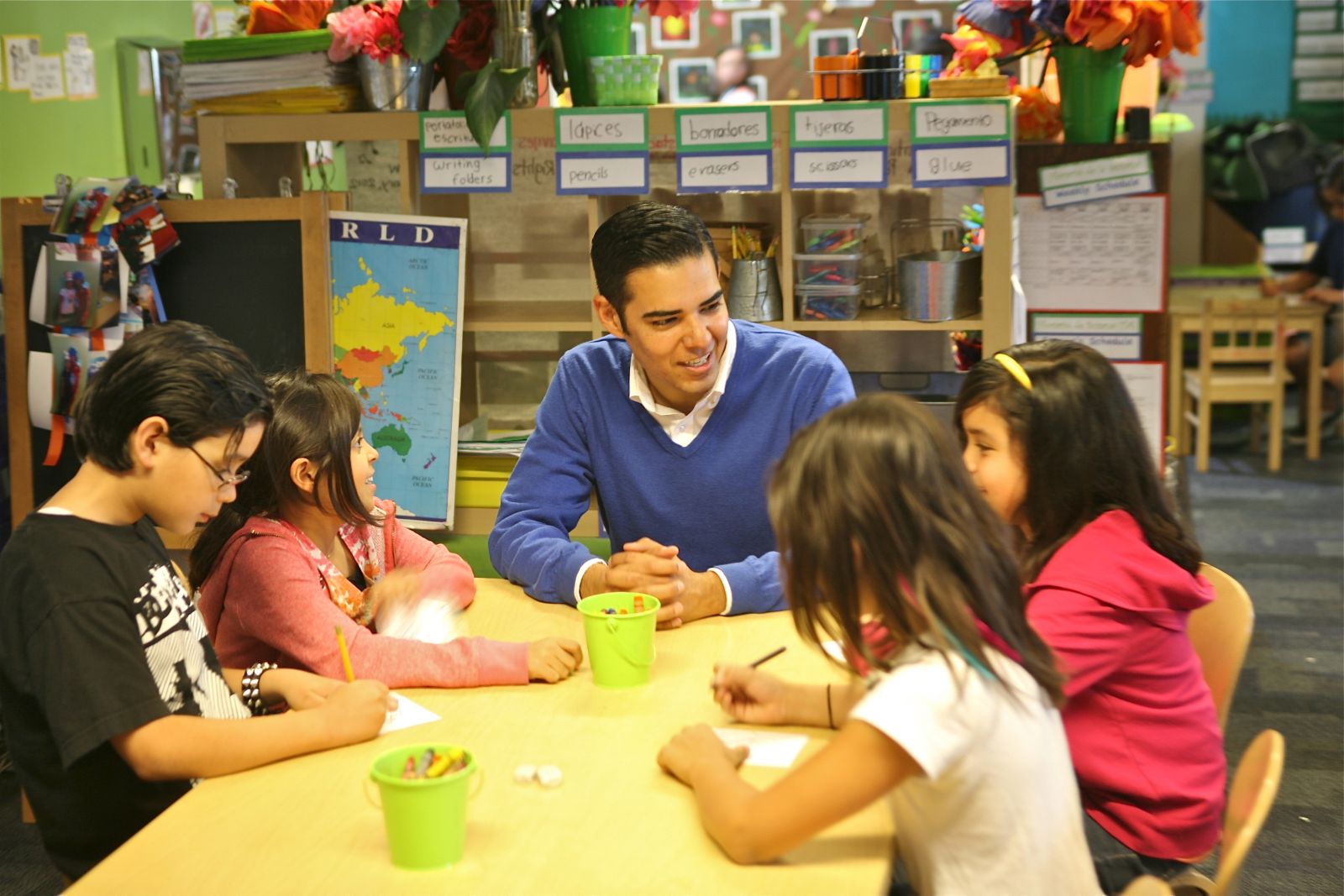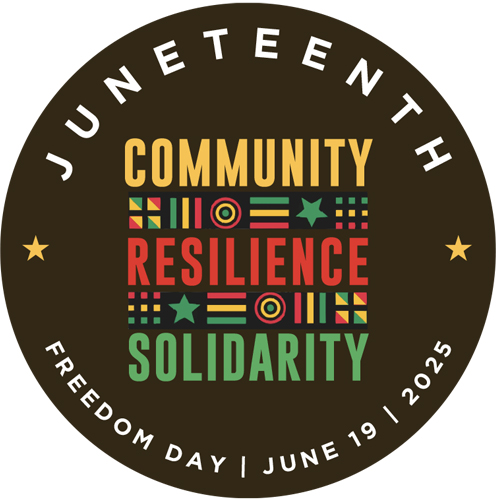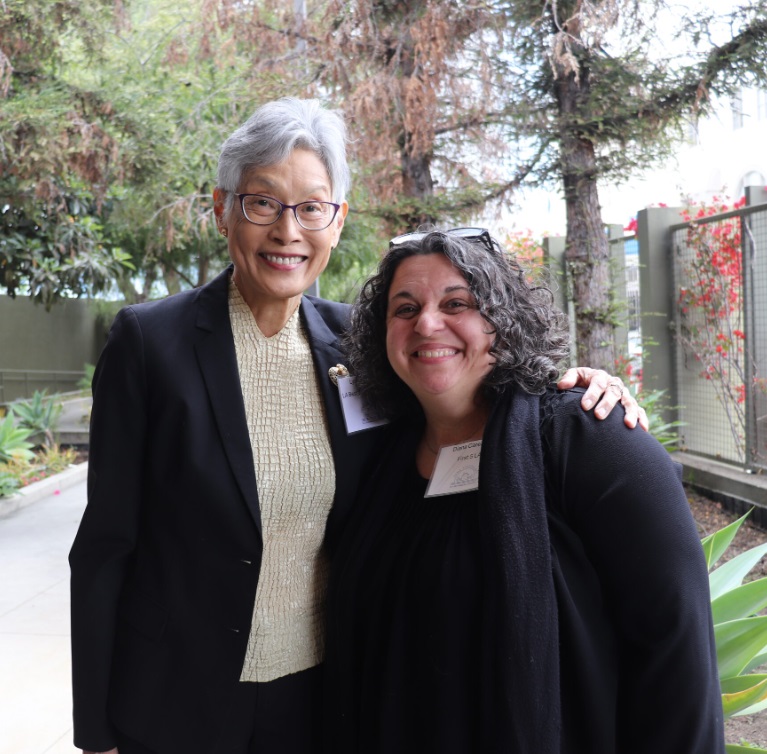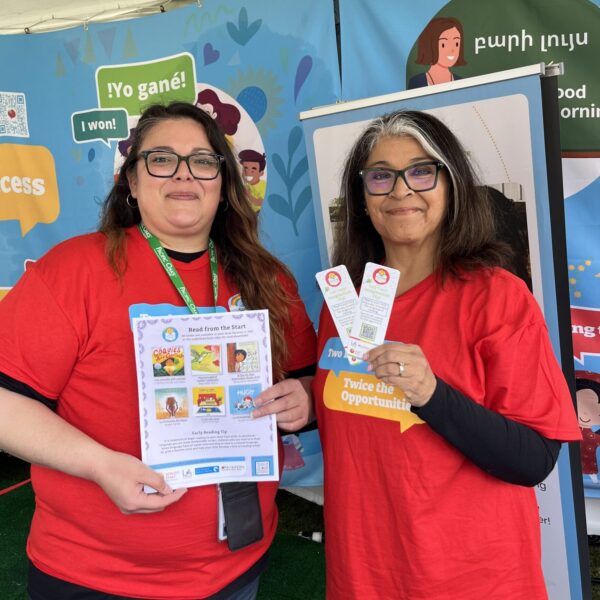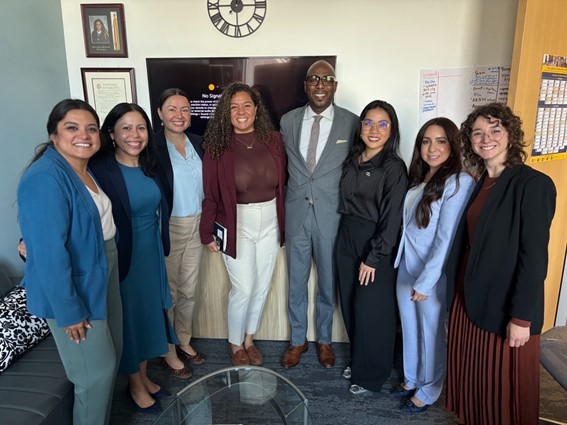First 5 LA’s vision is a future where every child prenatal to age 5 in Los Angeles County grows up healthy, protected and ready to succeed in school. Each month, we will ask people who work with, care for, or advocate on behalf of young children and their families in L.A. County about how we can make this vison a reality.
This month’s question: “What did you learn about helping young children in 2015 that you would like to apply in 2016?”
“2015 provided even more solid support for the critical importance of the years 0-5 in a child’s development. Here in Long Beach, we’ve learned that our community shares our commitment to expand access to preschool and early childhood education for our most vulnerable kids. In 2016, we will continue to expand access to make sure every child has the opportunity to learn and thrive.”
– Long Beach Mayor Robert Garcia
 “This year I participated in a 100-hour Trauma-Informed Nonviolent Child Raising training hosted by Echo Parenting and Education. It’s astounding that trauma in early childhood – not just major events, but the ongoing, chronic stressful situations in particular – literally wire the brain and body to have less tolerance for even minor stressors in later years. These situations can lead to unhealthy coping behaviors that result in diseases decades later in life. Breaking this cycle requires critical support for parents and those that touch children’s lives. After all, it only takes one consistent and secure relationship for children to thrive and be more resilient. In 2016, I intend to continue sharing what I have learned and advocate for strategies that infuse support for parents and those that work with children – both at the individual level as well as within the communities in which families live.”
“This year I participated in a 100-hour Trauma-Informed Nonviolent Child Raising training hosted by Echo Parenting and Education. It’s astounding that trauma in early childhood – not just major events, but the ongoing, chronic stressful situations in particular – literally wire the brain and body to have less tolerance for even minor stressors in later years. These situations can lead to unhealthy coping behaviors that result in diseases decades later in life. Breaking this cycle requires critical support for parents and those that touch children’s lives. After all, it only takes one consistent and secure relationship for children to thrive and be more resilient. In 2016, I intend to continue sharing what I have learned and advocate for strategies that infuse support for parents and those that work with children – both at the individual level as well as within the communities in which families live.”
– Diana Careaga, First 5 LA Senior Program Officer
 “Something we’ve been emphasizing at Best Start is the importance of parents and caregivers talking to young children and how it affects the development of the brain and vocabulary. When they studied the 30 million word gap, they identified the most important reason for the difference was because lower income children heard many fewer words and they did not have the vocabulary that upper income children had. There’s a new book out by Dr. Dana Suskind, Thirty Million Words: Building a Child’s Brain, that gives specific steps that parents can take to increase the amount of talking that they are doing with young children. Last November, we gave a presentation on those steps from an article about them. This year, we’re going to try to find ways to reinforce that message in many of our meetings.”
“Something we’ve been emphasizing at Best Start is the importance of parents and caregivers talking to young children and how it affects the development of the brain and vocabulary. When they studied the 30 million word gap, they identified the most important reason for the difference was because lower income children heard many fewer words and they did not have the vocabulary that upper income children had. There’s a new book out by Dr. Dana Suskind, Thirty Million Words: Building a Child’s Brain, that gives specific steps that parents can take to increase the amount of talking that they are doing with young children. Last November, we gave a presentation on those steps from an article about them. This year, we’re going to try to find ways to reinforce that message in many of our meetings.”
– Kathy Schreiner, Best Start guidance body member at Panorama City & Neighbors
 “When they are in public, I see that parents need to have more patience with their kids. As educators, we need to teach parents strategies on how to keep their kids entertained by giving them an educational tool. I just started to get some memory cards and take a moment to teach the kids who come in what to do with the cards. My goal for 2016 is to continue to do this with parents and teach this strategy to case managers and my other peers.”
“When they are in public, I see that parents need to have more patience with their kids. As educators, we need to teach parents strategies on how to keep their kids entertained by giving them an educational tool. I just started to get some memory cards and take a moment to teach the kids who come in what to do with the cards. My goal for 2016 is to continue to do this with parents and teach this strategy to case managers and my other peers.”
– Marcela Rodriguez, Health Educator of the Maternal and Child Health Department at the Watts Healthcare Corporation
